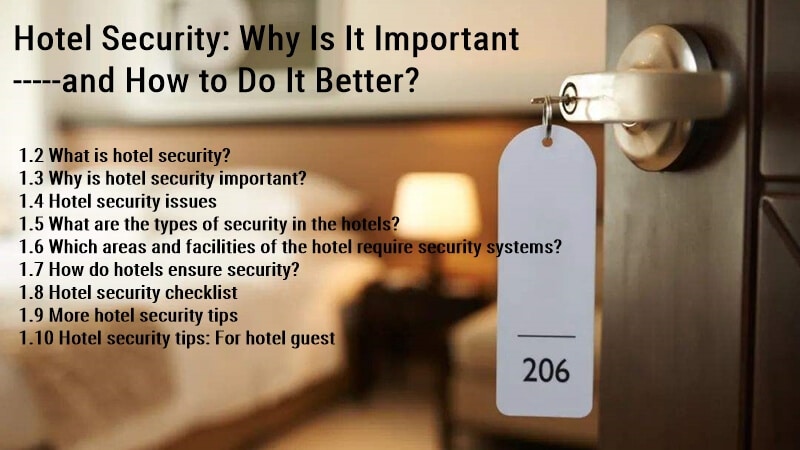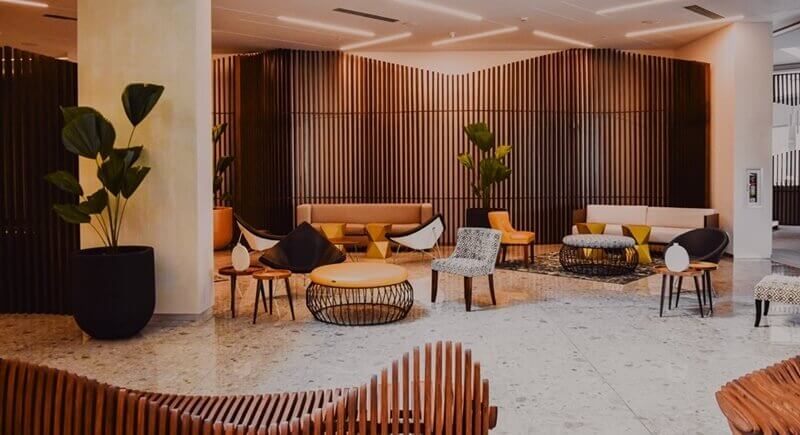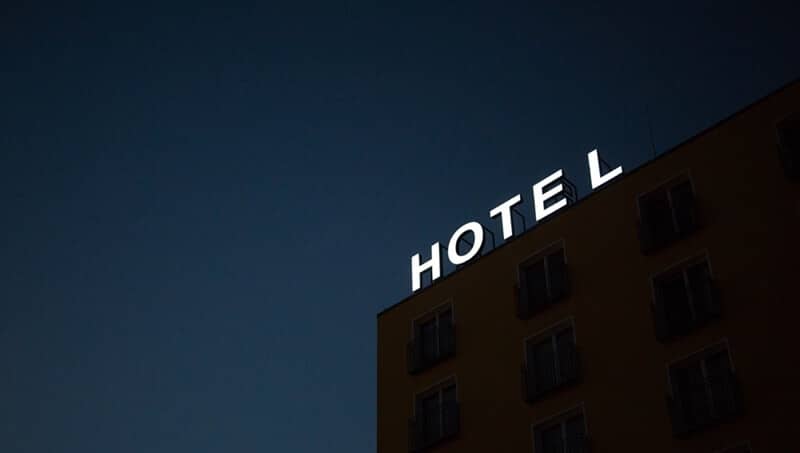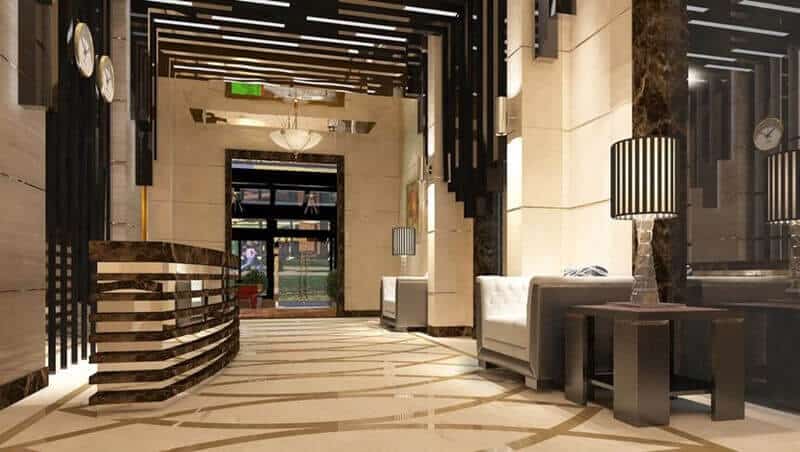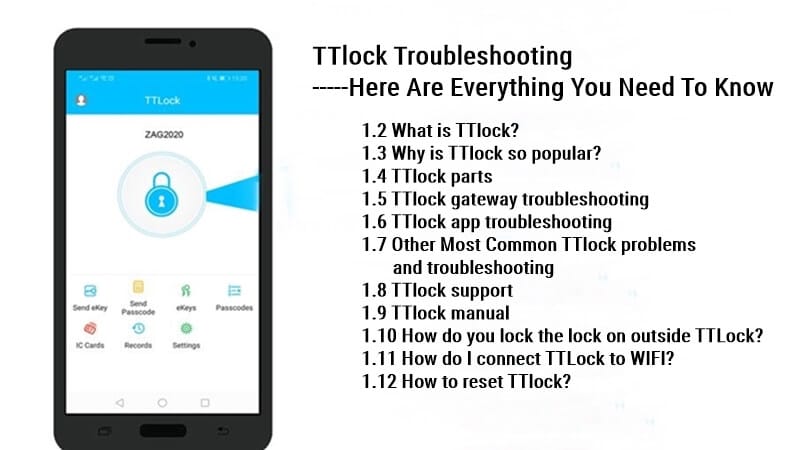What is Hotel Security and How to secure a hotel Better?
Hotel security is a thankless job that most guests don’t think about (if they’re lucky) or try to ignore. But it’s essential to work for hotel owners that can make a booming hotel!
This article will talk about most concerns about hotel security and offer some excellent hotel security tips.
Hotel security is a thankless job that most guests don’t think about (if they’re lucky) or try to ignore. But working for hotel owners who can make a booming hotel is essential!
This article will discuss most hotel security concerns and offer some excellent hotel security tips.
What is hotel security?
Hotel security is the protection of guests and their property in a hotel. The hotel is responsible for the guests and its staff’s safety and security. The hotel security team also ensures no damage to the property, including furniture and equipment.
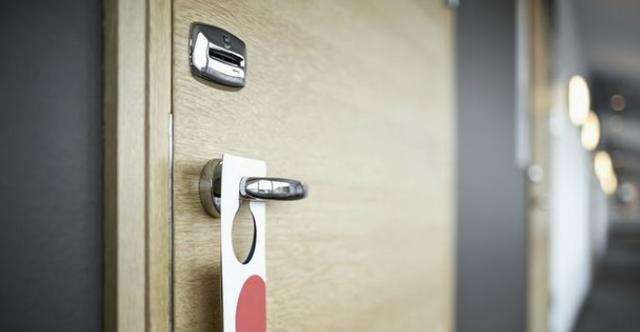
Hotel security can be divided into two main categories: internal and external. Internal hotel security refers to things such as electronic hotel door lock systems, alarms on windows, etc., while external refers to how well you protect yourself against strangers or criminals who may enter your establishment without permission (i.e., by locking doors)
Hotel security issues
There are many ways that hotels can fall short regarding security. Here are some common issues:
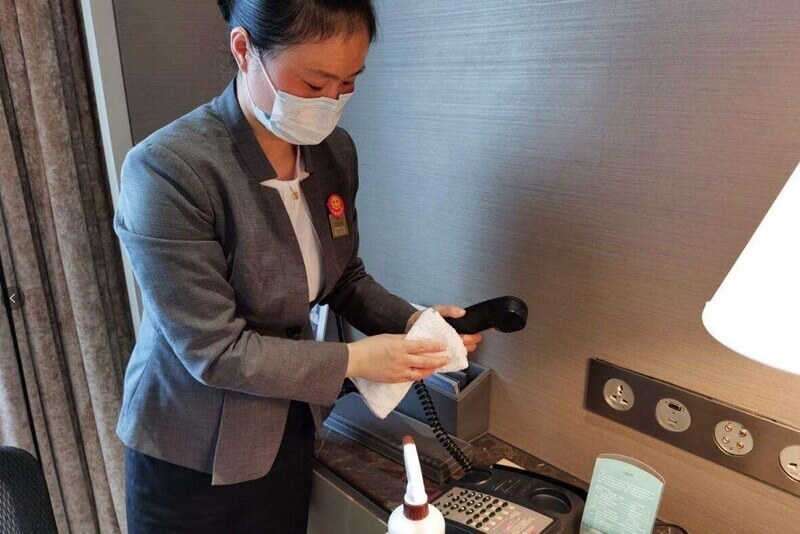
- Poor hotel security monitoring system: Most hotels have a video surveillance system that monitors public areas. However, they do not always use them effectively. In some cases, employees and guests can bypass the systems without being noticed and commit a crime without being caught on camera.
- Poor employee training programs: It would help if you had effective training programs that teach workers how to handle potentially dangerous situations both during the day and at night; otherwise, there may be no one available on site who knows how best to handle an emergency after hours due to either lack of awareness or fear about doing so themselves.
- Poor hotel security management: This is a critical aspect of any business. The managers need to know the various aspects of managing a hotel by understanding guests’ and staff members’ needs and concerns. They should also see how each department works together to avoid confusion or miscommunication when performing their tasks effectively.
- Poor hotel security policy: Suppose a hotel has no unified, comprehensive, professional security policy. In that case, its staff members have no clear idea about how to ensure the safety of guests and visitors, what they should do in case of emergencies, and how they should react in various situations.
- Lack of proper hotel security plan: A good hotel has an emergency response plan for every incident on its premises – from fire to terrorist attacks. This plan must include detailed instructions on what actions must be taken by people who work or stay at this facility during such incidents.
- Poor hotel security culture: In this situation, employees and others do not take their responsibilities seriously, so no one controls hotel security. They may even undermine the effectiveness of your systems by leaving doors open, allowing unauthorized people to enter rooms, and stealing things from guests’ belongings.
How do hotels ensure security?
Here is some suggestion for a hotel on how to ensure hotel security:
Use CCTV cameras
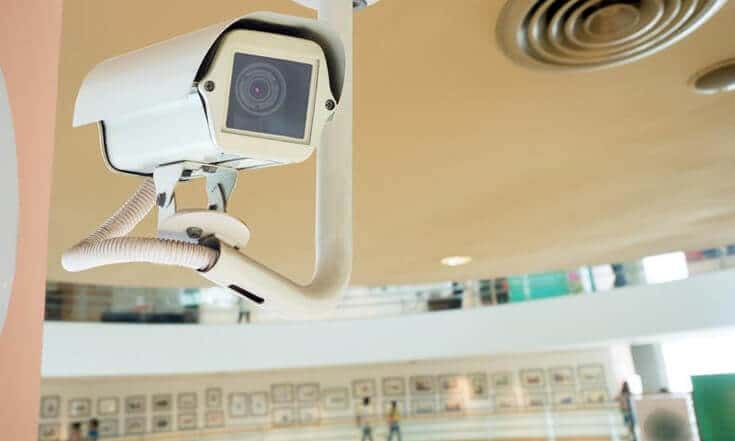
This helps monitor public areas, including hallways, parking lots, and common areas such as lobbies and hotel elevators. CCTV hotel security systems can effectively prevent harmful incidents and track cases after certain cases have occurred.
Install a security system.
Hotels with multiple floors and entrances generally have one or more security guards. When you sign in at the front desk, you’ll be given a keycard to access your room and other hotel amenities.
If someone attempts to steal your keycard, they won’t be able to get past any locked doors in the building without first defeating your code.
Hire hotel security guards.
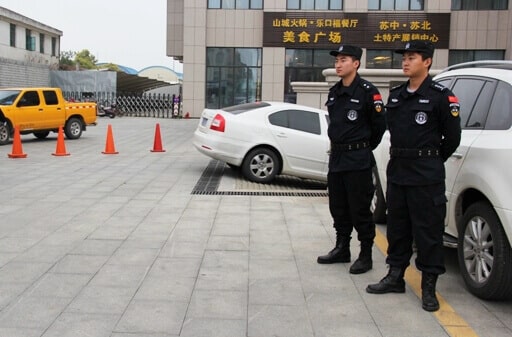
In addition to checking guests into their rooms and providing basic customer service needs like delivering room service orders and answering questions about local attractions. They patrol hallways regularly during off-hours so as not only to keep an eye out for suspicious activity but also to deter anyone who might try breaking into an occupied room!
Hotel staff training
Staff training is one of the most important ways to ensure security at a hotel. To effectively handle any situation, every staff member should know their responsibilities and how to respond.
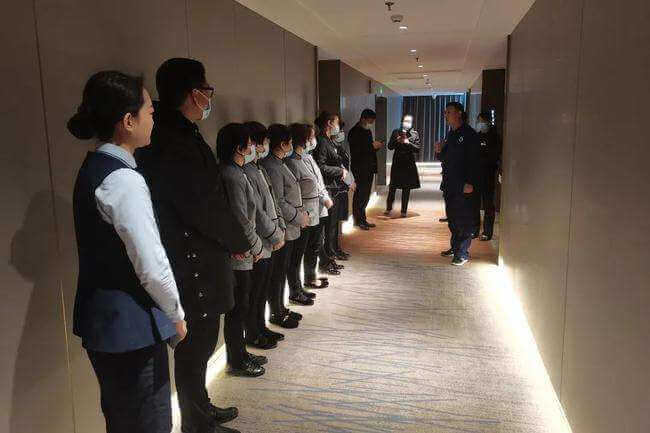
Train staff members on proper procedures when handling suspicious persons/items/situations (e.g., calling 911 if necessary). Depending on what kind of establishment they’re working at—whether it’s just a restaurant serving burgers or tacos after dark or whether there’s also lodging available—staff might need different courses.
Use a Mobile key hotel lock system.
Mobile key hotel lock systems allow guests to enter their rooms using their smartphones instead of keys or cards, as before mobile legends became popular among hotels today.
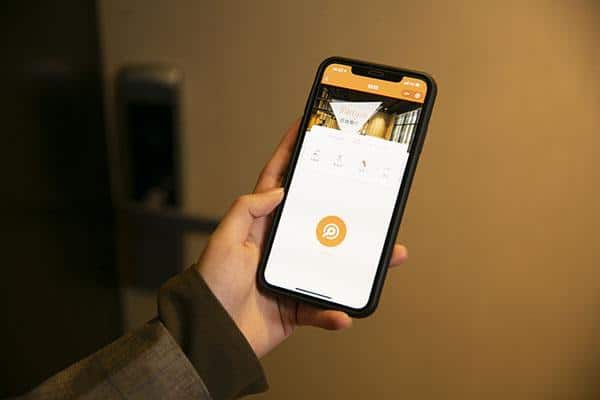
Unlocking a hotel room with the phone can be especially helpful if someone has gone missing from their room; when a guest scheduled for check-out arrives at reception, it will be easy for staff members to check which spaces have been vacated before sending housekeeping up.
Use access control systems (ACS)
Access control systems should also be used in hotels. This is because these systems help ensure that only authorized persons can access certain parts of the building or rooms within the structure, thereby increasing its overall level of safety.
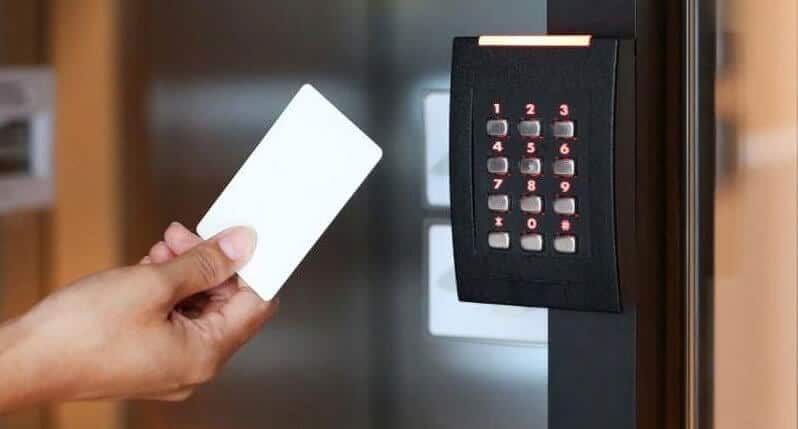
This computerized system tracks those who enter specific locations within a building based on their ID badge or keycard info scanned at points along their path through the structure (such as doors).
ACS is used for everything from employee badges to guest room keys; it also helps track down anyone who shouldn’t be in those places!
Have an emergency plan in place.
You need to be prepared for any situation at your establishment. This is especially true if you’re a minor operation that can’t afford hotel security guards on staff 24/7. Ensure everyone knows what to do in case of fire or theft—and they know where the fire extinguisher and exits are located!
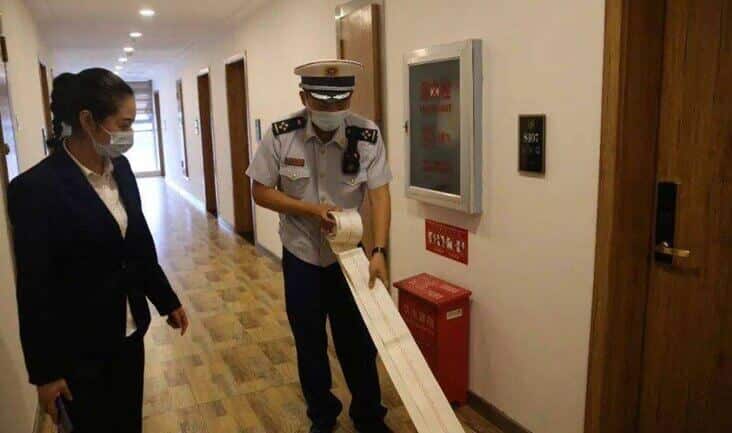
Having an Emergency Response Plan that clearly defines everyone’s role during an emergency can also help prevent accidents from happening in the first place or minimize damage if something does occur.
For example, if you’re planning on working overnight shifts alone on a busy weekend (like during high season), make sure you have someone who knows where your keys are so they can let other staff members into your room quickly in case anything goes wrong while no one else is around!
Keep valuables close by when possible.
If you have valuable jewelry, cameras, laptops, tablets, or other expensive items with you while traveling (especially if they aren’t being stored in a safe), try keeping them close by so they don’t get stolen from an unattended room or locker when out exploring the city during the day!
Hotel security is a top priority in the hospitality industry, which means that hotels have a lot of strategies in place to keep guests safe. Hotels often go above and beyond what the law requires to protect their clients.
More hotel security tips
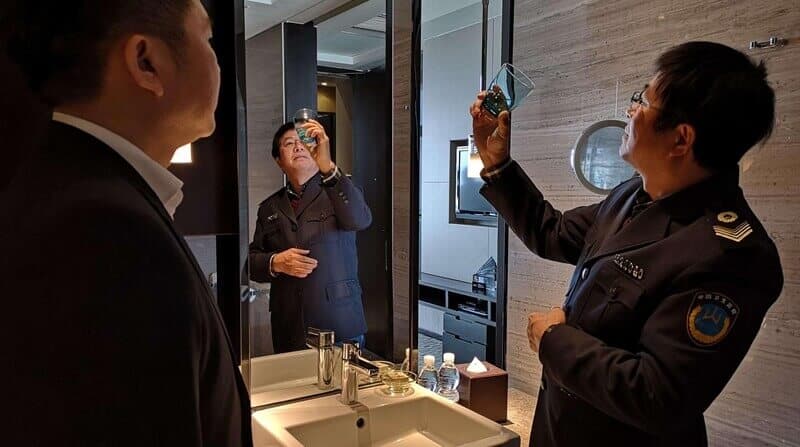
If you’re the owner of a hotel or motel, it should be one of your top priorities to ensure the safety of guests and staff. If you don’t implement proper security measures, it can result in higher costs due to injuries and lawsuits filed by guests who have been robbed or injured on your property. Here are some things to keep in mind when implementing a hotel security program:
- Ensure that all employees know their roles during an emergency at the hotel. They should know how to respond if an active shooter situation or another threat is on-site.
- Ensure that each employee knows where all emergency exits are located to get out quickly during an evacuation.
- Get a sound hotel lock system in place.
- Please ensure the doors to your rooms have double-sided locks so they can’t be broken open easily.
- Put an alarm on each door and ensure it works well, or have someone walk through the halls every once to ensure everything is okay.
- Ensure the doors leading from your property to the outside world are well-protected. This includes ensuring proper door security, such as a lockable door handle or deadbolts on all entries.
- Respect guests’ privacy by not entering their rooms without permission. Ask them first if you need to enter a guest’s room. Once they say yes, leave as quickly and quietly as possible to avoid disturbing them again!
- Be aware of who enters and leaves your hotel building; this applies internally (between rooms) and externally through entrances/exits onto streets.
- As a good practice, the owner’s office should be located away from public areas like reception or bar so that it is difficult for people to access it easily.
- The hotel owner should ensure that the guards are well-trained and capable of dealing with any situation. They should also know about fire safety, bomb detection, and evacuation procedures.
- The hotel owner should maintain records of all employees, including their dates of employment/termination, qualifications & specializations, if any, etc., which could help them during legal proceedings if necessary.
- If you plan to open your hotel, ensure that your staff is trained well to know what to do if something happens during their shift (like if someone gets hurt due to an accident).
- Also, make sure that they know how to handle any situation with customers because some people might be rude or angry when asked something by staff members like “Is this free?”, “where’s my key?” etc.
- Ensure you have adequate security measures to protect yourself, your employees, and the property. This includes things such as fire alarms and sprinkler systems, burglar alarms, lighting outside of the building, cameras at all entrances and exits (including parking lots), and motion sensor lights inside as well as outside of rooms with windows/balconies that face public areas or pools where children swim.
- There should be no unblocked accessways into rooms without keys–doors must lock securely when appropriately closed. All keys should be accounted for; any missing should immediately be reported to management staff, who will locate them using an electronic key system (theft-proof).
- In addition to making sure these precautions exist where required by law. It’s also important to regularly check whether they’re functioning correctly so they don’t fail during an emergency, which could result in injury or death due to faulty equipment falling unexpectedly while people are sleeping peacefully upstairs, unaware something had gone wrong downstairs until it was too late (or worse yet someone’s caught trying breaking into another room because their door wasn’t locked properly!).
Hotel security tips: For hotel guest
If you’re staying in a hotel, there are several ways to ensure your belongings are safe.
- You should always get a room on the first or second floor and away from stairwells. Stairwells are unique places for criminals to lurk, so it’s best not to tempt them by putting yourself in an easy-to-access position.
- When walking around the hotel, be aware of people who seem out of place or suspicious—people who have no reason to be there may be up to no good! If someone approaches you unexpectedly with an offer of some service, don’t hesitate to tell them “no” firmly (but politely).
- When you leave your room, whether during the day or at night, you lock the door behind yourself—this is especially important if anyone else has access keys or can come into the building freely through other entrances besides yours!
- Don’t let strangers into your room, even if they were “just asking.” They could easily steal something while they’re inside with you and then disappear without anyone being able to keep track of them again…and without any evidence as proof either way.
- Ensure that your door is locked when you enter the room: The first and most important step in securing your space is to keep it closed. This means not just when you leave but also while you’re inside.
- Use the door chain: Use a door chain if provided, or at least ensure that there are no gaps between the door and its frame so that someone can’t reach their hand through to unlock it from outside.
- Don’t trust anyone who says they’re from the hotel: If someone claiming to be from hotel staff asks for access, don’t let them in unless they have some official identification or a call-back number for verification purposes.
Which areas and facilities of the hotel require security systems?
Hotels, areas, and facilities that require an excellent hotel security system include:
- Hotel room security – Protect hotel guests and guest property safety in a hotel room, such as the hotel safe box and power control system.
- Hotel door security – To secure guest safety, use a room door lock system; door locks and other equipment are used to protect guests in the hotel rooms. There should be no unauthorized entry into a hotel room or office building.
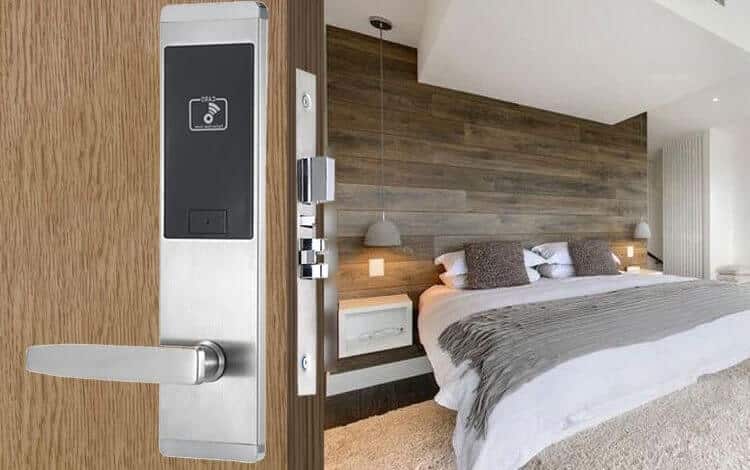
- Hotel elevator security – The hotel elevator control system should ensure that no unauthorized person enters an elevator. It should be adequately maintained so as not to destroy any valuables stored inside it during its use by guests or employees.
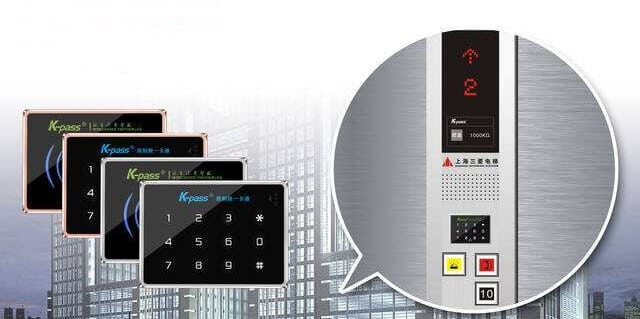
- Guest security – Hotels need to make sure that their employees do not steal any belongings from their customers’ rooms because this will cause them severe losses amounting to millions of dollars every year, which could lead them out of business entirely if they do not take care about this issue seriously enough!
- Hotel Equipment Security: This type of security involves protecting your identity when staying at a hotel or on vacation. You should never give out any personal information unless it’s necessary.
- Hotel Baggage Security: This aims to protect the guest’s belongings stored in their rooms or kept in locker rooms. Such things may be expensive jewelry or cash transactions made while staying at a hotel generally attract people who want to steal it away.
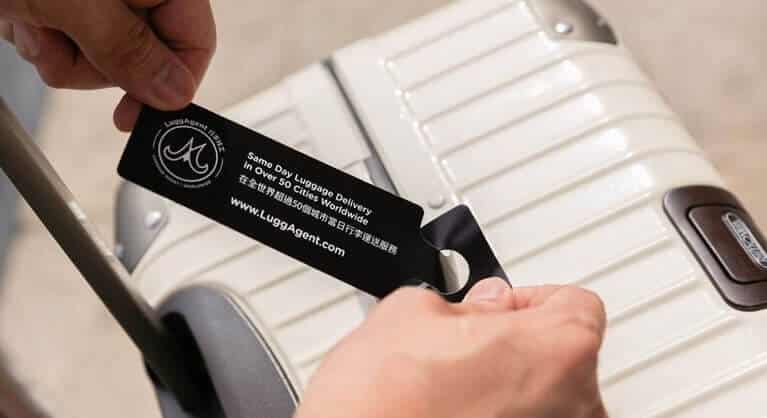
- Hotel Information Security: This type protects the data stored in a hotel’s computer systems and networks. It mainly involves identifying, controlling, and monitoring access to information resources such as databases, networks, servers, and computers.
- Hotel Stuff Security: This type of security is intended to protect the assets owned by guests or employees of a hotel against theft or damage by other guests or employees. The goal is to ensure property remains safe while used at work or play within your establishment.
- Hotel Event Security: This type of security protects special events at hotels (e.g., conferences). These events attract large crowds, presenting an opportunity for criminals looking for easy targets.
Conclusion
So, in this article, we have tried to summarize the information on hotel security and provide you with some crucial tips for your safety in a hotel. If you follow at least one of these pieces of advice, your stay will become much safer.


